I want to create a private global variable in an NSObject class. Here is what I have so far:
+ (MyClass *)sharedInstance
{
static MyClass *sharedInstance;
static dispatch_once_t once;
dispatch_once(&once, ^{
sharedInstance = [[self alloc] init];
});
return sharedInstance;
}
I want to create and assign an NSDictionary that can be accessed throughout the .m file.
For example: In a regular .m UIViewController class, there is:
@interface MyViewControllerClassName ()
// Here I would declare private global variables.
// Example:
@property (strong, nonatomic) NSArray *myArray;
@end
Then in viewDidLoad I would assign it a value, and I will be able to access it throughout the .m file.
My question is: How can I create the same thing (a global private variable) in an NSObject class, which doesn't have @interface and viewDidLoad?
Update
I'm trying to add objects in an array, and use it throughout my NSObject class. Instead of creating it in every method that I'm using it in.
Example:
NSArray *myArray = [[NSArray alloc] initWithObjects: @"One", @"Two", nil];
- (void)firstMethod {
NSLog(@"%@", [self.myArray firstObject]);
}
- (void)secondMethod {
NSLog(@"%@", [self.myArray lastObject]);
}
Update 2
When you create a new file with a subclass of NSObject, the .m file doesn't come with @interface myObjectClass () ... @end. Therefore, I don't know where to create my variables that I want to access throughout the myObjectClass.m file.


